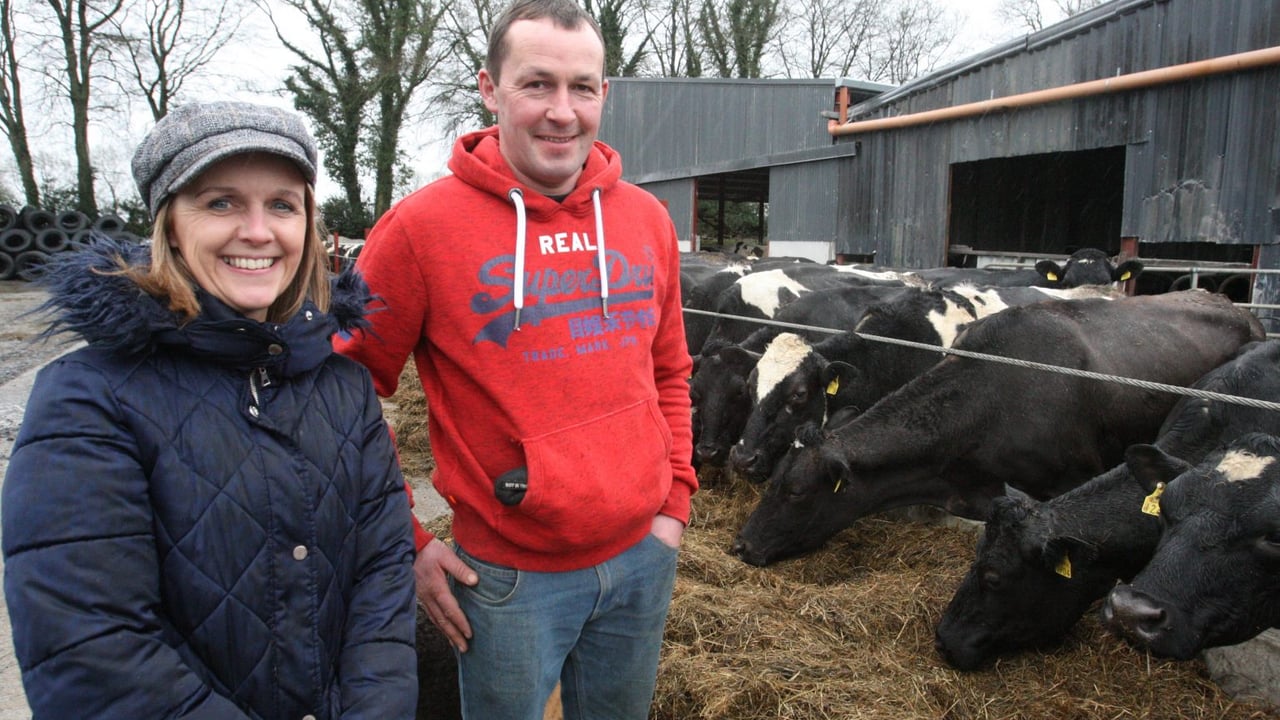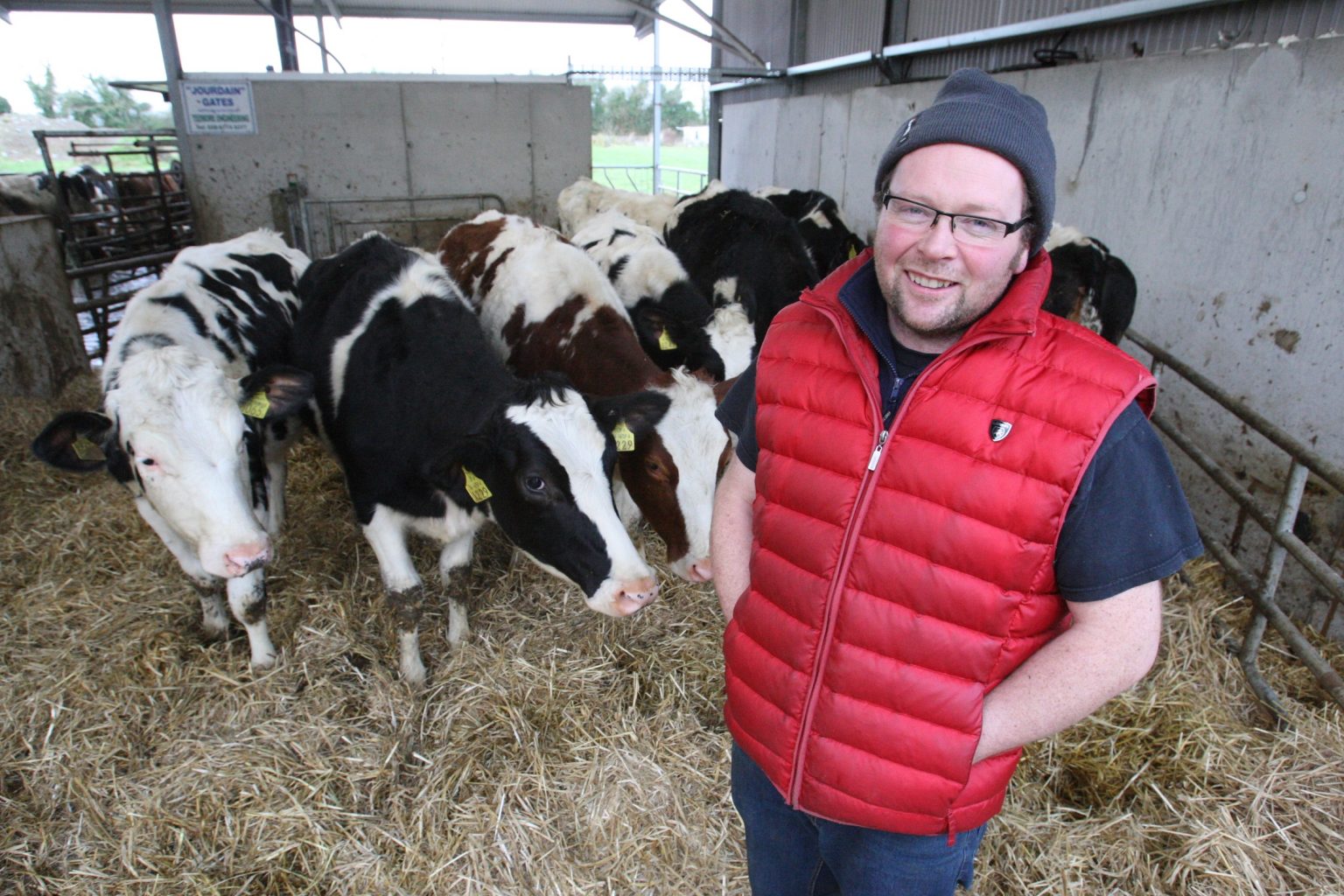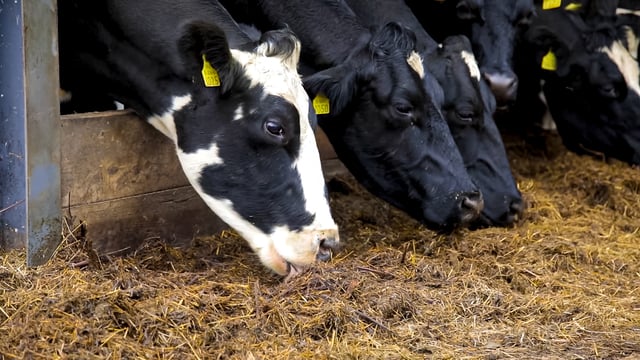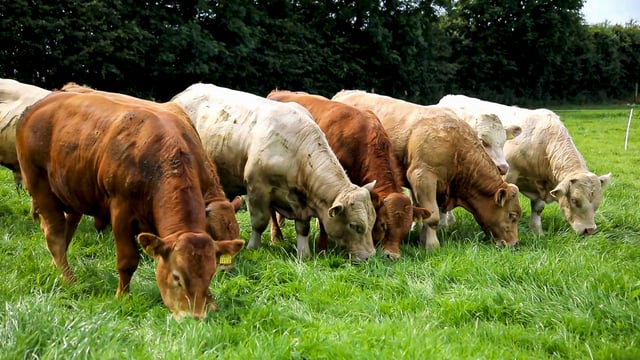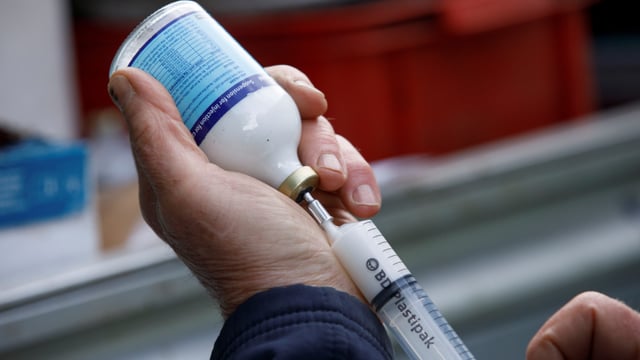Sponsored Article
‘2021 was the best year we’ve had in terms of calf health’
Sponsored Article

After dealing with cryptosporidium on his dairy farm up until the spring of 2020, Westmeath farmer Michael Clarke has finally had a great year for calf health.
“2021 was the best year we’ve had in terms of calf health, with little or no sick days," Michael explained.
"Calf housing is still number one, but accurately following a solid vaccination programme against rotavirus, coronavirus and E. coli has had a huge impact," he said.
The Clarkes converted to dairying in 2010. They bought 200,000L of quota under the new entrant scheme and started off milking 48 heifers. They have since built the herd up to 270 cows.
The Westmeath dairy farmer had a bad run with cryptosporidium some years ago.
“It was a nightmare. It involved shocking work over two to three weeks, keeping calves alive through feeding electrolytes and water – not to mention the cost of treatment and the loss of a few calves,” explained Michael.
It was after this episode and following the advice of his vet, John Moore, that Michael decided to get on top of cryptosporidiosis and make an oral solution to tackle cryptosporidium a critical component of his prevention programme.
Listen to Michael’s story below:
Cryptosporidium
Cryptosporidium is one of the main causes of scour in calves less than four weeks of age. As part of its life cycle, Cryptosporidium produces huge numbers of oocysts, which are shed in the faeces of infected calves.
Older animals can act as a reservoir of infection. A contaminated environment can serve as a source of oocsyts for new infections to occur.
At peak shedding, there may be as many as 10 million oocysts/gram of faeces and it can take as few as 10 of these to cause disease in young, susceptible calves.
Typically, clinical signs appear in calves from 5 to 14 days old and can vary greatly from mild diarrhoea to severe, watery scours and eventually death. Calves become rapidly dehydrated and suffer loss of appetite.
Oral solution
Michael’s veterinary practitioner, John Moore said where cryptosporidium is a problem on a farm the use of the oral solution should be a critical component of the prevention programme.
“As the disease hits so fast, it can get out of control before the farmer has time to take action. Mortality can be high and even when calves survive, thrive can be severely affected," said John.
“All calves should be treated daily from 24 to 48 hours old for seven consecutive days. Dosage levels should correspond to the weight of the calf and when used as a treatment make sure the calf is fully hydrated and bright before use.
This oral solution, containing the active ingredient Halofuginone lactate, it is only available on veterinary prescription.
Learning from the past
Michael said: “Since 2020, we don’t wait for the disease to hit. Instead, we start the programme at the beginning of the calving season. Calves receive their first dose the day after birth for seven days.”
Vaccinating the cows prior to calving has also become a critical component of Michael’s vaccination programme.
“We saw fantastic results in controlling cryptosporidiosis, however in that first year, some calves started to show positive signs of rotavirus at around 10 days old.
“I talked to John and we now vaccinate the cows three weeks pre-calving for rotavirus, coronavirus and E. coli. We also protect the calves against cryptosporidium from the start of calving season. I get great peace of mind with this broad range of cover against calf scour,” said Michael.
For more information, visit MSD Animal Health by clicking here, or talk to your local vet.
Sponsored Article


